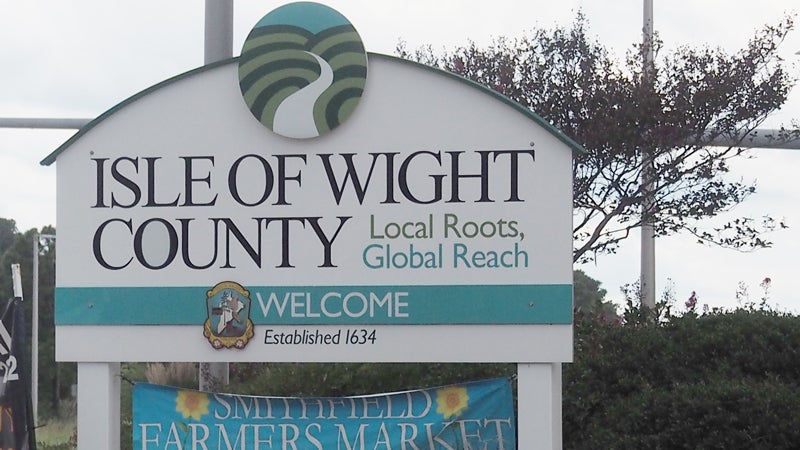Bill proposing to override local short-term rental bans passes Senate
Published 12:34 pm Wednesday, February 14, 2024
A bill that would strip localities of the authority to ban certain types of short-term rentals passed the state Senate in a 25-15 vote on Feb. 9.
Sen. Lamont Bagby, D-Richmond, is sponsoring the legislation, designated Senate Bill 544. Seven Republicans joined Bagby and other Democrats voting for the bill. Three Democrats – Sens. Creigh Deeds, Barbara Favola and Russet Perry – joined Sen. Emily Jordan, R-Isle of Wight, and 11 other Republicans in opposing it.
The draft language would nullify local ordinances that outright prohibit or require a special exception or use permit for short-term rentals provided there is an owner-occupied primary dwelling also located on the land. Bagby’s bill proposes to leave largely unchanged a locality’s authority to regulate the whole-house short-term rentals made popular on websites like AirBnB and Vrbo, where the landlord does not necessarily live on the same property.
“Except as provided in this section, nothing herein shall be construed to prohibit, limit, or otherwise supersede existing local authority to regulate the short-term rental of a property through general land use and zoning authority,” Bagby’s bill states.
Isle of Wight County, in December, replaced an ordinance that had allowed the rental of up to two bedrooms in an owner-occupied house to two unrelated people with one that repealed a de facto ban and established a regulatory process for whole-house rentals.
Isle of Wight’s ordinance, which now makes no distinction between short-term rentals in accessory structures on owner-occupied properties and those with absentee landlords, specifies the county is to send written notice by certified mail to the last known address of the proposed short-term rental’s neighbors, and may issue a permit for the use if no written objection is received within 30 days. If a neighbor objects, the owner of the proposed rental would be required to go through the process of obtaining a conditional use permit, which requires public hearings and votes by the county’s Planning Commission and Board of Supervisors.
“As amended the legislation would not impact the County’s process,” said Assistant County Administrator Don Robertson.
The specified approval process is nearly identical to what was already in place for residents who apply to add an accessory mobile home to their properties for use by extended family members. In addition to obtaining a permit, short-term rental owners are required under the revised ordinance to pay an annual $35 registration fee. Failure to register within 30 days of advertising a short-term rental would trigger a $500 penalty for each day past the deadline the property remains unregistered.
Bagby’s bill would continue to allow localities to adopt an ordinance requiring a registry of all short-term rentals, which caps the penalty for violation at $500. Bagby’s bill would further allow localities to prohibit a specific property from continuing to operate as a short-term rental upon “multiple violations on more than three occasions of applicable state and local laws.”
Bagby’s office did not immediately respond to The Smithfield Times’ request for comments. The Virginia Association of Counties, of which Isle of Wight is a member, opposes Bagby’s bill. “Mandated changes to this authority that make short-term rentals a ‘by-right’ use erodes the ability of local elected officials to address impacts from their operation,” VACO’s website states.
Isle of Wight Supervisor Renee Rountree said she wasn’t familiar with the specifics of Bagby’s bill, but on principle, was “against legislation that limits a locality controlling their policies.”
At the time of the Dec. 14 vote on Isle of Wight’s ordinance, county officials estimated there were a dozen homes already operating as short-term rentals. The town of Smithfield changed its ordinances in 2020 to allow homeowners the option of leasing their residences as short-term rentals through services like AirBnB and Vrbo provided the homeowner obtains a town business license and signs a short-term rental affidavit. Last September, the Town Council approved the third whole-house short-term rental to go through the process outlined in the 2020 ordinance for converting a residence to a full-time short-term rental business. A fourth, operating on Mason Street, began operating prior to 2020 and is grandfathered. All four are located in the town’s historic district.





